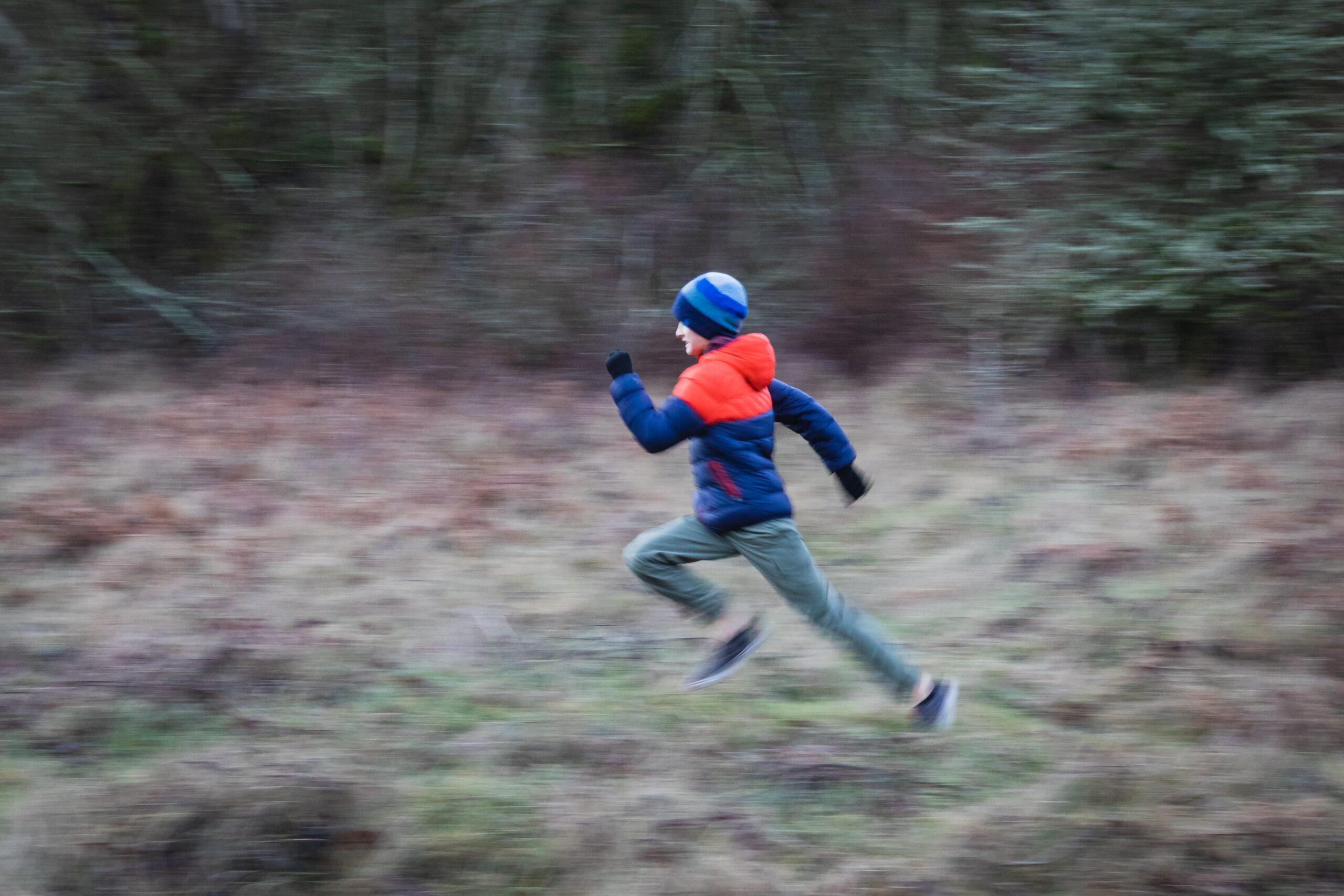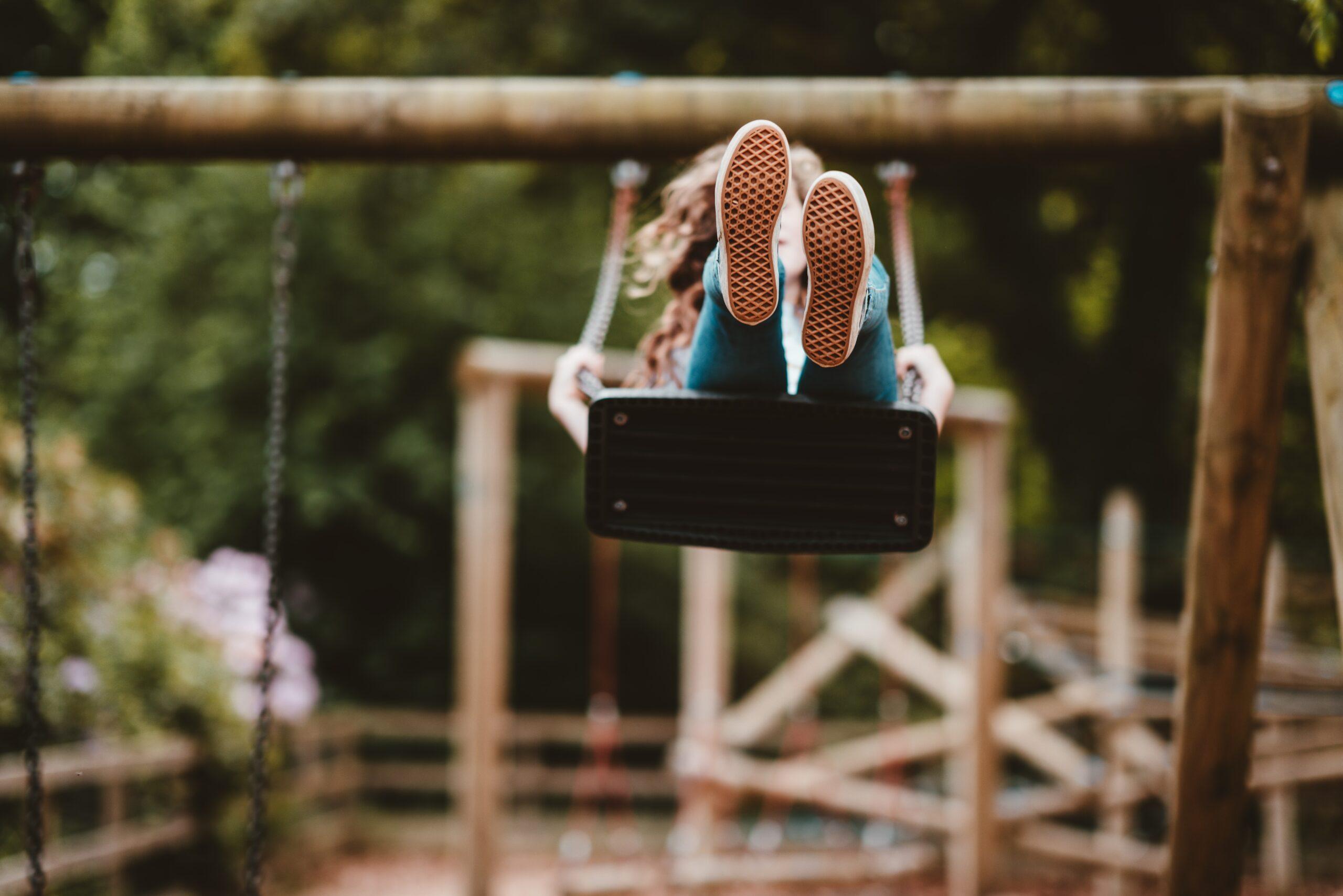Studies have shown that children and adults with special needs face the same obesity risks as other peers, but have a larger set of factors that affect and may limit them. As a result, the types of foods they eat or activities they participate in may have a direct correlation. Some of these factors include:
- Having a more complex relationship with food
- Barriers to exercise
- Medications
- Family stress
- Genetic disorders
- Perceived risk of participating in too “difficult” or too “dangerous” activities
These barriers are tough to break, but ultimately, it’s most important to teach children and adults with special needs how to live an active and healthy lifestyle. Establishing good habits early on is essential.
In addition to eating healthy, sports and recreational activities are an integral part of developing positive habits. For those with special needs, sports and recreational activities may serve as a powerful way of improving muscle strength, coordination, flexibility, increased endurance and motor skills.
In addition, sports programs are great activities to help build both self-confidence and friendships that last a lifetime. Participating in sports allows athletes with special needs the opportunity to be a part of a team, develop an understanding of sportsmanship, and gain personal satisfaction by viewing their own progress.
While participating in sports and recreational activities, children and adults with special needs are developing and strengthening their motor, cognitive and social abilities. When searching for a program, look for one that offers the opportunity to learn the basics of each sport. These programs will allow the athlete to learn at their own rate beginning at the most basic level, and expand upon their skill set as they progress.
It is also very important to find programs that not only facilitate the building of sport skills, but also focus on building confidence, self-esteem, and sportsmanship while meeting the needs of each individual. Finding a program that prioritizes a balance of fun and structure is of utmost importance.
Participants will learn new skills that can be transferred from the field to the classroom, and right back to their home environment. Children or adults who participate in sports activities have shown to exhibit better behaviors at home and in the classroom.
Parents of those with special needs who enroll their children in athletic activities often witness their son/daughter having an increase in appetite, exhibiting an improvement in sleeping habits, while also displaying more energy; a natural coping strategy for stress and/or anxiety.
Overall, sports and exercise play an integral role in the development of any child or adult, and skills are most certainly transferable across all aspects of life.




